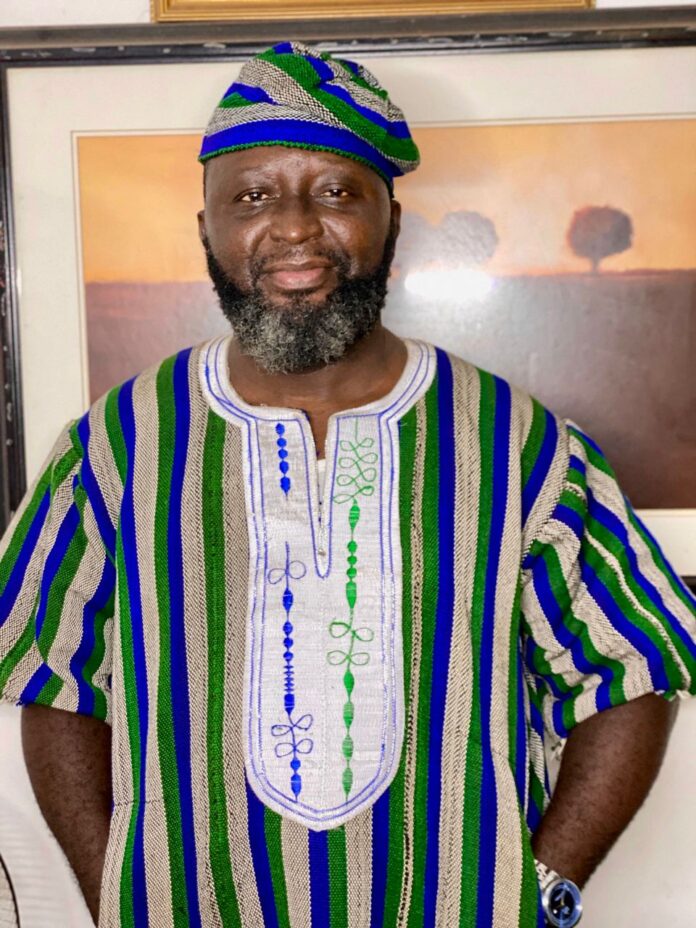By Marcus Bangura
Across Sierra Leone, the Mano River Union, and much of West Africa, particularly Liberia and Côte d’Ivoire, a dangerous trend is quietly unfolding: the gradual and calculated dismantling of democracy under the guise of legality. This is not the familiar coup of yesteryears, carried out by soldiers with guns and tanks storming state houses and radio stations. Instead, it is a quieter, more insidious form of takeover: an invisible coup orchestrated by political elites through manipulated elections, constitutional amendments, politicized court rulings, executive overreach, and restrictive laws.
What scholars now refer to as democratic backsliding – the slow erosion of democratic norms and institutions from within – is becoming the defining challenge of governance in the region. Independent institutions such as electoral commissions, anti-corruption agencies, and the judiciary are increasingly co-opted. Their mandates are being subverted to protect incumbents, marginalize opposition, and consolidate executive control. These bodies, once trusted arbiters of fairness and justice, are now often perceived as extensions of ruling parties.
Unlike the blunt-force military coups of the 1990s, today’s autocrats rise to power through elections. Once in office, they weaken checks and balances, suppress dissent, and centralize authority, all while maintaining a democratic façade: a sitting parliament, periodic elections, and an ostensibly independent judiciary.
Sierra Leone: A Cautionary Tale
Sierra Leone’s post-war journey was once heralded as a beacon of democratic renewal in West Africa. Following a devastating civil conflict, the early 2000s ushered in free and fair elections, constitutional reforms, and a resurgence of civil society. But over the last decade, that democratic promise has started to erode.
Elections are still held, but their credibility has come under increasing scrutiny. The independence of the judiciary and electoral bodies is being questioned. Journalists face intimidation. Civil society operates under narrowing space. Legal amendments have occasionally been crafted to favour incumbents or weaken oversight mechanisms, transforming democratic instruments into tools of control.
The result is a political environment where democracy is increasingly managed, if not outright undermined. The appearance of democratic legitimacy persists, but its substance is fading. This silent dismantling of democratic norms breeds public distrust, fuels political polarization, and increases the risk of unrest. In Sierra Leone, the foundations of governance remain, but the pillars of accountability are crumbling.
A Regional Trend: Liberia and Côte d’Ivoire
Sierra Leone’s experience is part of a broader regional pattern. In Liberia, once a symbol of democratic recovery, the space for political competition is shrinking. Electoral processes are increasingly contested and independent institutions face growing pressure from the executive. In Côte d’Ivoire, constitutional manipulation and ethnic tensions have repeatedly tested the boundaries of democratic rule.
Across the Mano River Union, there is a common thread: democracy is being hollowed out from within. Leaders invoke legal tools and institutional mechanisms not to advance accountability, but to entrench power. The opposition is often harassed. Media freedoms are curtailed. Civic activism is suppressed in the name of stability or national security.
While the veneer of democracy remains intact, the democratic spirit is waning. The region risks becoming a collection of electoral autocracies: states that mimic democratic processes but lack their core values.
Why It Matters: The Price of Silence
The consequences of this invisible coup are far-reaching. When democratic institutions become instruments of repression rather than accountability, public trust erodes. Voter apathy rises. The risk of political violence increases. Most importantly, citizens lose the ability to peacefully change leadership or challenge abuse of power.
For Sierra Leone and its neighbours, the stakes are enormous. Peace, development, and social cohesion depend on legitimate and accountable governance. If democracy collapses, the region could once again spiral into instability.
The interconnectedness of Mano River Union countries means that democratic backsliding in one state can have cross-border implications, triggering insecurity, refugee crises, and economic strain. The echoes of past conflict are never far away.
The Way Forward: Defending Democracy from Within
The fight against democratic erosion must be waged from within. Political leaders must respect term limits, uphold institutional independence, and promote political pluralism. Power should be viewed as a temporary public trust; not a personal entitlement.
Civil society and the media must be protected and empowered to hold leaders accountable. Their role in informing citizens, exposing corruption, and advocating for reform is essential to sustaining democratic norms.
Regional organizations like ECOWAS and the Mano River Union must take a stronger stance in defending democratic principles, moving beyond symbolic statements to concrete actions when member states violate foundational norms.
International partners, too, have a role to play through election monitoring, diplomatic engagement, and targeted support for governance reforms. But ultimately, the survival of democracy lies in the hands of the people.
Citizens must remain vigilant, informed, and engaged. They must demand accountability, reject autocratic tendencies, and resist efforts to dismantle their rights. Democracy is not simply a system; it’s a shared responsibility.
Conclusion
The most dangerous coups are no longer carried out with guns, but with gavels, pens, and ballots. Sierra Leone and its neighbours are facing one such coup – silent, legalistic, and invisible to the untrained eye.
But democracy is not a fragile relic of the past; it is a living ideal that demands constant defence. To preserve the gains of the past two decades, West Africans must rise to meet this challenge. The time to act is now—before the silence becomes permanent.



